Taking a trip abroad for the first time is a tremendously exciting experience, but it can also be a very scary one. This is doubly true if you’re really going off the beaten track, whether to Colombia, Eastern Europe, or even North Korea. With that in mind, it’s worth ensuring that you’re fully prepared for your trip. Here are our top tips on getting ready for that trip of a lifetime.
Ensure you have a valid passport
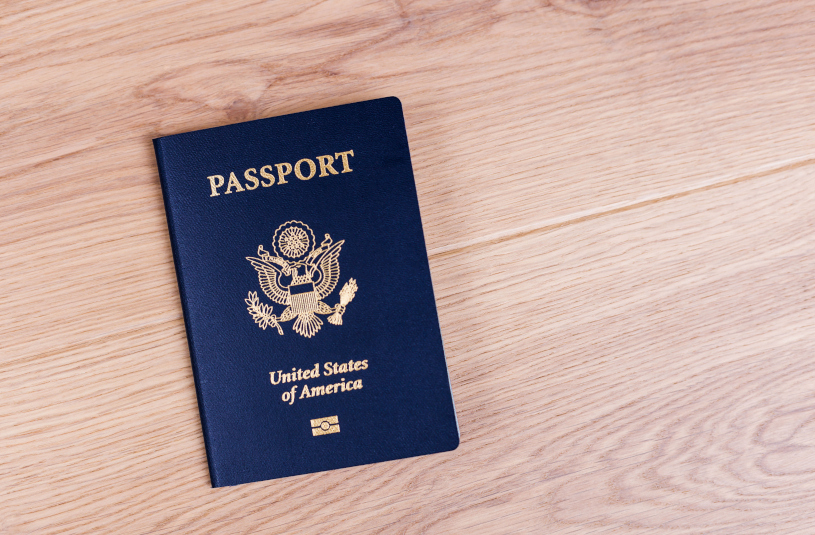
Yeah, yeah: obviously have a valid passport, right? Nobody except the most monumentally stupid people tries to travel on expired passports, right?
Except simply having a passport with a couple of months left on it doesn’t always cut it. For most visas, you’ll need to have a passport that has six months or more left on it. As a good rule of thumb, try to have at least a year remaining on your passport before traveling to regions for which you need a visa.
It typically takes about three weeks to get a new passport, though in practice this is often much faster. As with anything involving international travel, though, err on the side of caution and assume it will take more rather than less time.
Make sure you get any necessary visas
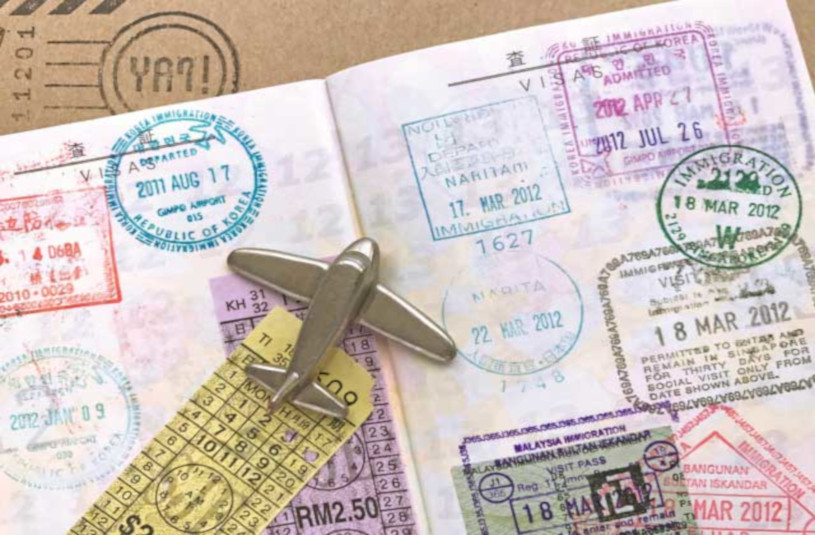
Do nationals from your country need a visa for Ukraine? Mongolia? Somalia? Nauru? If you’re not sure? How can you even find out?
An invaluable resource for quickly researching this is Wikipedia’s ‘visa policy of…’ series. If, for instance, you’re an Australian national traveling to Ukraine and you have clue zero of whether or not you can travel visa-free, or get a visa on arrival or a transit visa, you can simply check this page.
It’s also worth checking what kind of visa you can use. There is a wealth of visas out there, as touched on above. Do your research on the country you’re traveling to and ensure you have the right visa. You wouldn’t be the first to get turned away because you accidentally got a single-entry visa rather than a double, and you wouldn’t be the last. Again, Wikipedia is your friend here.
Visa application processes vary from country to country, but embassies/consulates often keep weird working hours and can take anywhere from a couple of days to several weeks. Always check visa processing times before booking a trip abroad, and always leave enough time to make sure your visas get processed, particularly on longer multi-country trips.
Not all embassies are equal! For example, a visa for Mali applied for in Nouakchott will take 4 hours to be issued and cost the equivalent of 10 euros. Applying for the same visa in Europe will cost you around 200 euros and take two weeks.
If you know fellow travelers that have been to the countries you want to go, be sure to ask them about their experience. If you don’t know anyone, Facebook groups and Trip Advisor are your friends.
Finally, make sure your visa has enough pages. Some embassies will require two pages instead of one. If you are going on a trip while you’ll require multiple visas, it might be worth counting the pages you have left and being careful as to how immigration officers use up pages of your passport for their stamps. A trick you can do to save pages is to cover each blank page you don’t want to be used by pesky stamping-happy immigration officers with a post-it note, coaxing them into stamping your entry exactly where you want it.
Visas are a tedious, headache-inducing reality of international travel, and they’re something you need to get used to if you plan on frequent travel.
Sort out your vaccinations

Spoiler alert: some parts of the world have different diseases from your part of the world. And assuming you’re from a developed nation, other parts of the world have some truly horrifying diseases. You’re gonna wanna be as protected from that as you can for your trip abroad. Nobody needs a case of Japanese tick-borne encephalitis cutting short their vacation and/or life.
As with visas (but entirely different to visas), it’s worth getting vaccinations out of the way sooner rather than later. Go and see your doctor, tell them where you’re going, and resign yourself to having a sore arm for a few days/weeks. It is not worth skimping on this step.
Arrange travel insurance
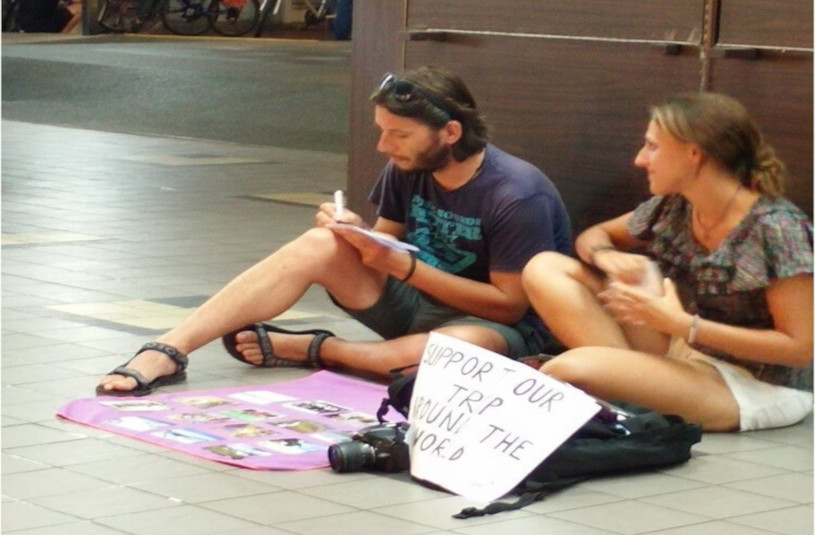
You’re savvy. You’re a citizen of the globe. You’ve refrained from eating McDonald’s in over thirty developing countries. You’re way too streetwise to get pickpocketed in Beijing or mugged at knifepoint in Cambodia, right? Your catlike grace protects you from hiking falls or wakeboarding accidents, right?
It’s a fact of life: it never happens to you until it does. Don’t take the chance. Always insure for a trip abroad. There’s nothing worse than being stranded three thousand miles from home with nothing but empty pockets and indifferent locals.
YPT is particularly fond of World Nomads, a travel insurance organization that handles everything online and immediately issues your policy. This is also useful for visas – many countries require travel insurance as a matter of course.
Research your destination
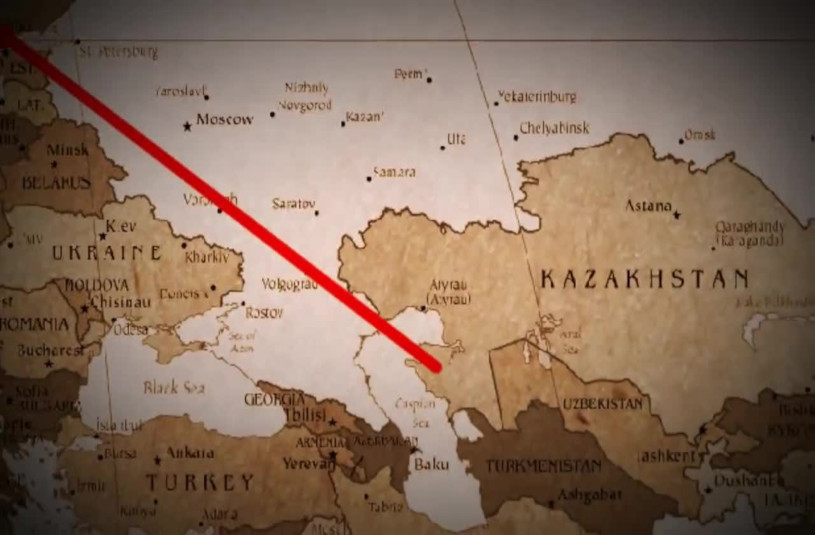
Again: sounds obvious, but it’s something that many people overlook. If you’re more of a seat-of-your-pants, let-the-chips-fall-where-they-may kinda traveler, then you may very well end up either bored, robbed, lost or some terrible combination of the three.
What’s worth seeing on your trip abroad? What are the 5 top-rated attractions and why? Where are the obvious tourist traps that you should avoid? A couple of hours on Google will save you many, many headaches once you’re actually there. Also: don’t bank on having internet wherever you’re going. If you need to know how to get from the airport to your hostel, research it beforehand.
Offline map apps such as maps.me and even something as simple as a printout with directions can be lifesavers.
If you’re going to a destination where they don’t speak English, take the time to pick up a few basic words. Locals are much more likely to give tourists the time of day/not stab them if they’re not arrogant English-speaking douchewads who expect everyone to speak their language.
Other things worth knowing to include whether or not the water is potable (always best to assume not unless you know otherwise), what kind of power outlets, if any, they’ll have at your destination, and what the content is of the food you’ll likely be eating. In the vein of getting vaccinations, having a major allergic reaction to unknown substances in your food will probably be bad.
Plan your accommodation ahead of time
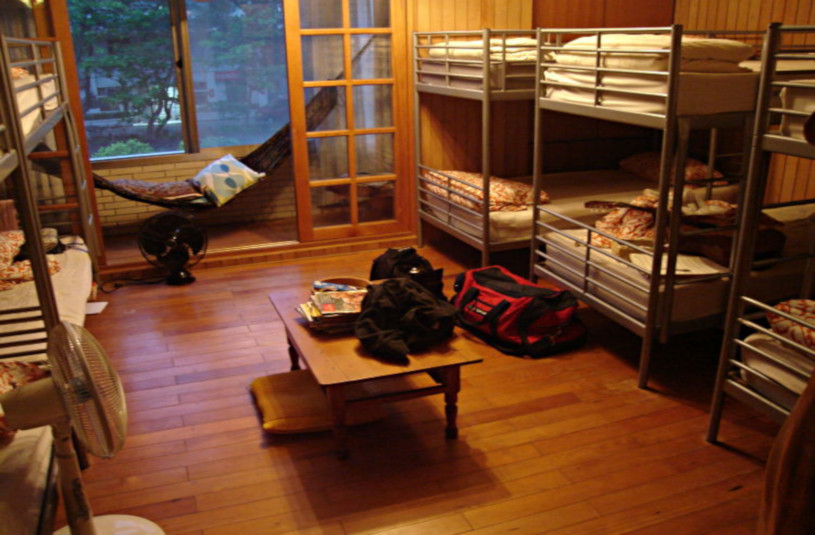
It may sound romantic and alluring to simply rock up in Izwhereistan and ‘discover’ a hitherto-un-Lonely-Planeted guesthouse with down-to-earth locals and authentic home-cooked cuisine, but life is not a movie and you are not Indiana Jones.
Get online, find a place for your trip abroad, and book it. You may be on a major budget and happy to stay in a 12-bed dorm, or you may want a bit more luxury, but find a place before you go. Check out the user reviews on Trip Advisor. It’s too late when you wake up to a huntsman and her 300 adorable spiderlings scuttling across your unwashed conjunctivitis-addled pillow.
Budget your trip abroad and manage your cash

“I’ll just draw three grand out and travel until it runs out”, said few people to make it back safely ever.
When planning your trip abroad, sit down and work out your costs. How much are you spending in country A? Will that leave you enough for country B? How much are basics going to cost you? How much are you budgeting for souvenirs, gifts, and beer?
Work this stuff out before you board the plane, and work out how you’re going to deal with local currencies. Many areas of the world accept major currencies even if they have their own official currency; the US dollar is a favorite for this, but many places in Eastern Europe will accept the euro and in Hong Kong, you can often get away with the Chinese Renminbi (do not try this in a department store).
Another great idea is to spread your money across multiple accounts with multiple cards. In this day and age, online-/app-only banks are taking off in a big way, and many, such as Revolut and Monese (for UK users) and Charles Schwab (US) don’t charge any international fees, which makes them perfect for travellers.
If you can’t get a card without international fees, you’ll still get the best exchange rate if pay with a credit card rather than cash or debit. In cash countries, you might want to put money on your credit card first (so that you have a positive balance) and then withdraw from it to avoid cash advance fees. A golden rule of foreign withdrawal and payments: if asked if you would prefer to pay in the local currency or your home currency, always choose the local currency.
Obviously, if carrying multiple cards, try to keep them in different places.
Keep your valuables safe
Passport, keys, wallet, phone. These are most people’s essentials, and it’s extremely important to keep them safe. When travelling, there is no such thing as too paranoid.
When on a trip abroad, a lot of people might leave their more valuable belongings in their hotel room. This is a bad idea; tourist hotels and hostels may be targeted for robbery, and in the case of some particularly disreputable hostels, the staff themselves may even take your valuables. It’s better to keep really valuable stuff on your person.
Think about investing in travel jackets and backpacks that contain anti-theft measures such as cut-proof straps and materials and hidden pockets. Never leave wallets, passports or phones in easily accessible pockets or compartments. Buy travel locks and keep all your luggage locked at all times when you’re not in your room. Do the worrying when getting your travelling gear so that you can travel worry-free!
Pack lightly and efficiently
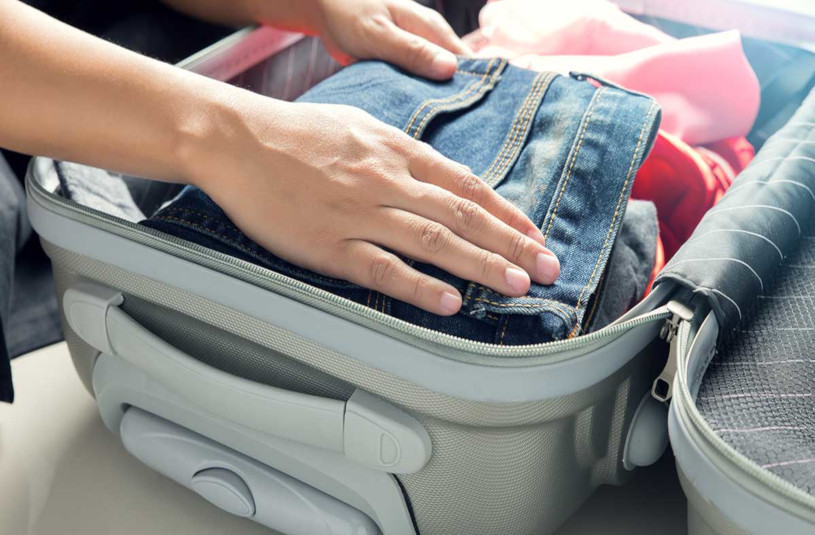
Top tip: if travelling to off-the-beaten-path places or travelling for long periods of time, taking a 20-kg behemoth of a suitcase with you is an absolutely terrible idea. Take the bare essentials. You might have to Sophie’s Choice a couple of pairs of flip-flops, but it’s totally worth it in the long run.
Things that you should absolutely take include:
- A travel adapter – preferably with USB sockets –, so you never have to worry about what pin system local plug sockets use;
- An inflatable neck pillow, eye mask, and earplugs for comfortable long-distance plane/bus/train rides. The ‘inflatable’ is a must for ease of packing;
- A collapsible water bottle for long periods without access to potable water;
- Essential medicine such as anti-fungal creams, anti-septic, anti-diarrhea and cold medicine (make sure your medicine are clearly branded so that you don’t get arrested for drug smuggling);
- For female travelers, your preferred female hygiene products;
- Entertainment materials – e-readers, music, travel games, playing cards – to keep you occupied during long, tedious journeys;
- Slippers – you’d be surprised how often you want to be able to move around freely and comfortably on things like sleeper trains or in hostels!
- An undetectable ceramic knife for stabbing pickpockets and muggers (editor’s note: do not do this).
There we have it – a comprehensive guide to getting organised and staying safe, wherever your adventures may take you. Of course, a lot of the stress of a trip abroad can be avoided by booking with a highly experienced travel company such as, y’know, us.
Contact us at tours@youngpioneertours.com for further information on our fantastic range of tours to places from which your mother would rather you’d stay away!





